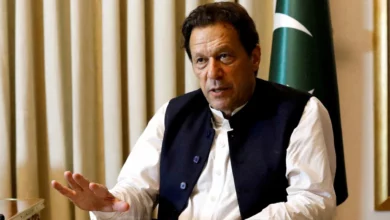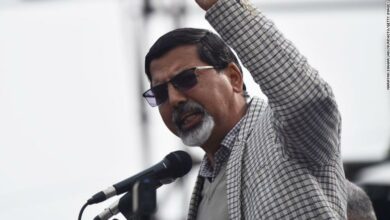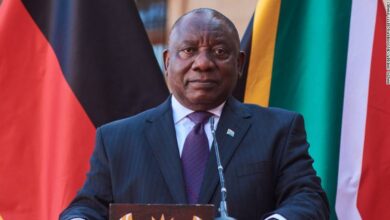While thousands took to the streets on Friday, staging sit-ins across the nation, calls for judicial reforms are crystallizing. This has been prompted by the slow prosecution of the killers of the revolution's martyrs and the secretive nature of prosecuting former regime figures.
Lawmakers have expressed different thoughts about the intricate process of reform.
Counselor Hesham Genena, a Court of Appeals judge and former secretary general of the Judges Club, said the process of systematic corruption by the former regime reached the judiciary, which puts current investigations and trials in question.
He said there is still a leading element within the judiciary system recruited to achieve former regime purposes, citing the decision of the Cassation Court to re-try Ayman Nour as an example.
Genena refused to put all blame on judges and courts, saying evidence is "truncated" in the papers presented to judges. He added that the authority concerned with investigation is the police, and sometimes the accused are police leaders and the colleagues of those collecting evidence. He said hiding evidence is therefore a problem.
For his part, counselor Ahmed Mekky, a former member in the Supreme Judicial Council, said that purging the judiciary starts by excluding those who have marred elections and found guilty by the Court of Cassation, in addition to those whose names were found in documents of the now-dissolved State Security Investigative Services.
Mekky added that people have the right to be informed of trial proceedings.
Counselor Zaghloul al-Balshy, vice-President of the Court of Cassation, said that he supports purging the judicial institution regardless of the consequences, but considers commentary on the acquittal of some former officials premature.
Counselor Hesham Abdel Ra'ouf, a judge at the Court of Appeals and chairperson of Shubra al-Kheima Criminal Court, stressed that preserving the judiciary is the duty of every Egyptian, calling for separating calls for judicial reforms from commentary on specific rulings.
Ra'ouf pointed out to the necessity to punish those involved in the flawed elections in 2005 as they were found guilty by the Court of Cassation.
He said that the judge must not be affected by public opinion, the pressure of which is worse than government intervention.
Meanwhile, Counselor Osama Rabee, vice president of the Appeal Court, said that a fair trial does not mean conviction, that the judge's decision is determined by the evidence on the papers submitted to him, and that doubt is in favor of the accused.
He called on anyone who has an evidence against a judge to submit it to the Supreme Judicial Council.
Translated from the Arabic Edition




